Biodegradable Foam Bioplastics


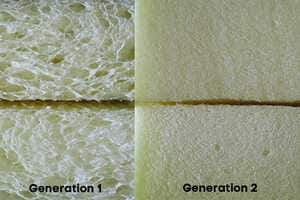




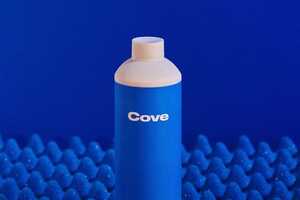
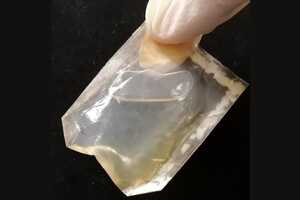

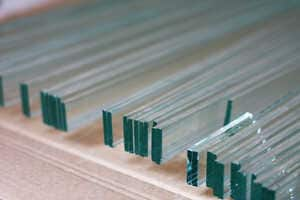

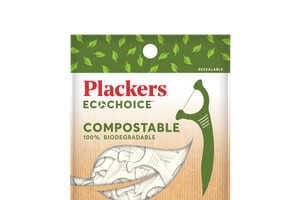



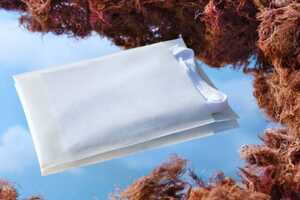




Researchers at the WHOI are Targeting Plastic Waste with New Foam
Colin Smith — October 25, 2024Researchers at the Wood Hole Oceanographic Institution (WHOI) have developed a fast-degrading foam bioplastic called cellulose diacetate (CDA). This bioplastic is designed to degrade significantly faster than traditional plastics, including paper, in seawater. The foam version of CDA is particularly promising as a sustainable replacement for Styrofoam used in single-use food packaging. The material's rapid degradation rate makes it an environmentally friendly alternative, addressing the persistent issue of plastic pollution in marine environments.
The development of CDA foam involves a simple modification that makes the bioplastic porous, enhancing its degradability. In tests, the foamed CDA was found to degrade 15 times faster than its solid counterpart, making it a viable option for reducing the environmental impact of plastic waste. This innovation aligns with global efforts to find sustainable materials that can replace conventional plastics, which often take hundreds of years to break down and can cause significant harm to marine life and ecosystems.
WHOI's breakthrough in creating fast-degrading foam bioplastic highlights the potential for biodegradable materials to transform waste management practices. By offering a material that can decompose quickly in ocean conditions, the researchers provide a solution that could significantly reduce the accumulation of plastic waste in the world's oceans. This advancement represents a step forward in the quest for sustainable alternatives to traditional plastics, contributing to a cleaner and healthier environment.



